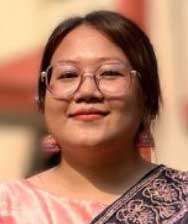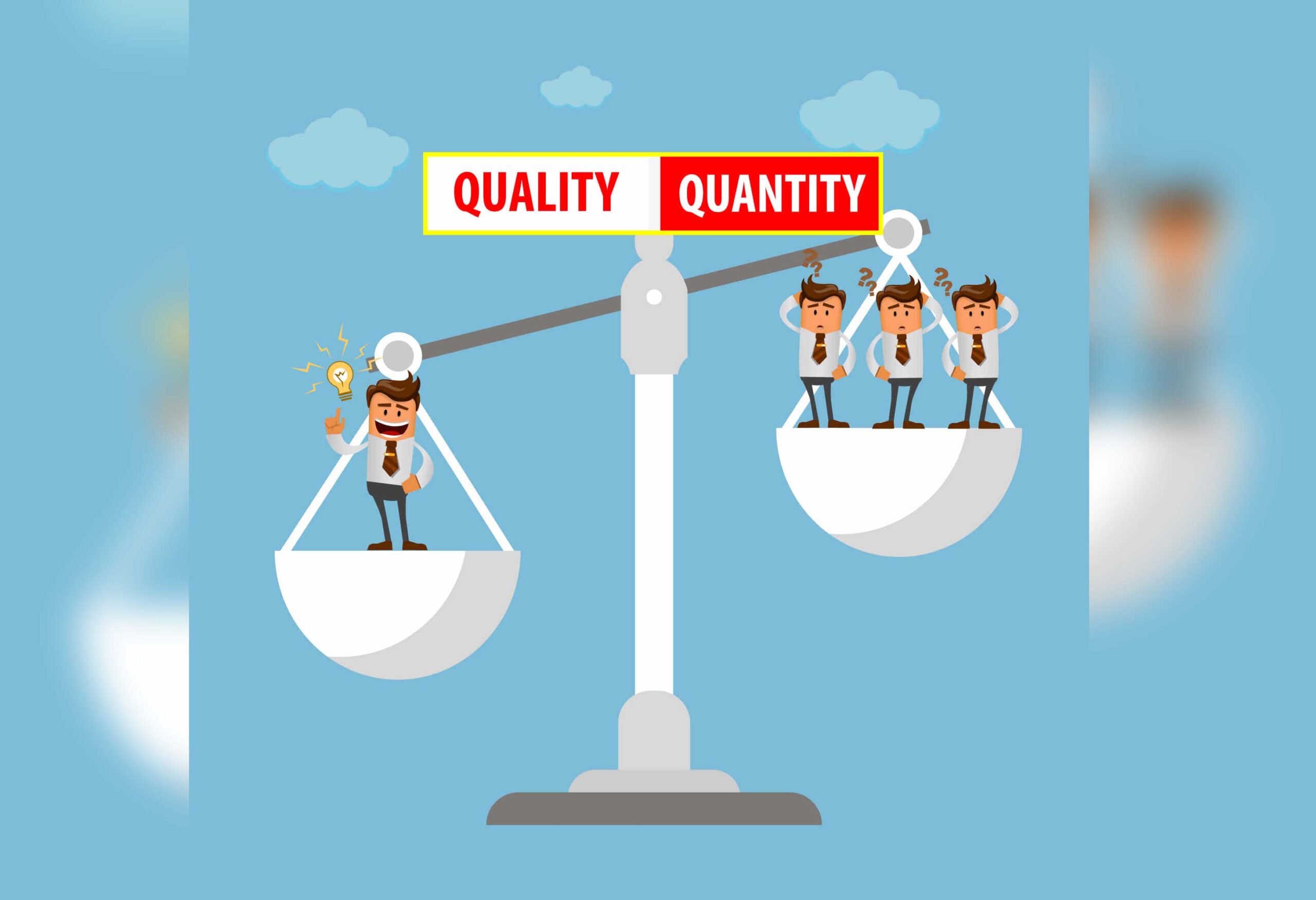Introduction
In recent times in Manipur, the education sector has witnessed far-reaching changes, especially in terms of an increasing numbers of schools and, again, the trends of acquiring education both at formal and informal institutions. This shift is quite phenomenal. This has created a stir from the lowest to the highest level of society. The meanings of education and its outcomes are now inclined towards a more quantitative focus rather than prioritizing the qualitative aspects of education. Instead, merit is widely considered a measurement of honour and fame. From a very early period, the matriculation examination, also known as the High School Leaving Examination, has been given utmost emphasis by society, parents, and students themselves. This examination is considered one of the most prestigious tests and a turning point in one’s career or life. With the declaration of the result of this aforesaid exam, the foremost race after the celebration is the decision to choose the schools where admissions will be sought. On the other hand, with the exception of the public higher secondary schools, the private schools spend huge amounts of expenditure on promotion and packages to attract abundant students, with major emphasis given to meritorious students. For parents and students, the dilemma of choosing the schools – whether government or private – that produce positions or provide good education outside the village or state or sometimes deciding to discontinue education altogether is a common phenomenon that must be addressed by most of the population.
Through the lenses of Pierre Bourdieu, a French sociologist, this essay aims to examine the overall admission process post-high school leaving examination in Manipur. It will also examine the linkages between admission procedures and the results of higher secondary examinations achieved by the schools. This entails looking at how the mushrooming of private higher secondary schools attempt to gain the maximum meritorious students who have excelled in the above examination by executing the social, cultural, and economic capital of the school. Likewise, it will examine the process of how students and parents opt for their schools out of varied options, which is influenced by their associated capital. Furthermore, it will inquire how these cultural, social, and economic capitals come into interplay at various levels while trying to improve their respective prospects.
Problems and realities in the education system
Beyond this generalist vision of seeking admission to a better school for the betterment of the children, there is a massive structural pattern in an embodied state. In the context of Manipur, the trend of education, especially among high school students, is quite rigorous. It is considered the most crucial time, and therefore they are widely refrained from all possible celebrations, functions, gaming, sometimes even co-curricular activities, etc. for at least one year ahead of the board’s examination. Rather, private tuition and coaching are given more emphasis, both by parents and students. Otherwise, parents and children have apprehension if they are not receiving private tutoring outside of the formal education imparted at school. Furthermore, society has the least credibility at government schools, except for very few countable schools. However, this is not the case for all the students. There is a huge population compromising for the sake of affordability, despite the increasing number of private schools and coaching institutes. As a result of growing demands and being a very profitable business, private schools are booming in the state. According to the Unified District Information System for Education (UDISE) data of the Education Ministry, the mushrooming of private schools in the state continued as Manipur saw an increase of over 200 private schools in a decade’s time since the 1990’s.
Hierarchy in education
There is a large class divide and hierarchy, like differentiation among the schools. Each school, based on the overall results secured in the board examination and the infrastructure, comes with different tags and prices. Rural government schools lie at the bottom, while the private English medium schools in Imphal producing top positions are at the top. To not point out precisely, sending children outside the state at this stage of education belongs to the topmost category with a modest percentage.
Capital conversion
There is no doubt that education in Manipur is moving towards commercialization. This means that private firms, under the guise of providing education, are earning huge profits. Consequently, parents are competing to produce rank holders. They hope that the money spent on their children’s education will be reimbursed through scholarships, awards or fame when their children secure top positions in the board exams.In this sense, economic capital is easily converted into cultural capital, or merit.
Now, let us discuss how economic capital or social capital is converted into merit and vice versa. Generally, parents and children set out the day before sunrise and return home late at night, moving back and forth to tuition centres, school, and coaching classes. People living in far-off areas even migrate to urban areas in order to receive private coaching. Even though this culture is tedious, money-draining, time-consuming, and a health haphazard, it is a never-ending cycle. Now, it has been considered nearly a ritual in order to excel in the board examination. Parents invest huge capital and labour with the hope of attaining the honour and fame of the household. This is a brief scenario of how students are prepared for their first battle as proclaimed by society and the marks-based system of education prevalent in Manipur in recent times. Parents are ready to make such an investment with the hope that they will receive social capital in return.
In regard to this, let us again look at how parents exercise their social capital in preparation for the future of their children. First, parents build close social networks and bonds wherein they share the same interests and objectives in regards to their children’s success. These parents come every day along with the children and wait outside the premises of the tuition centres, which will then take their children to another tuition centre within a limited time period. During this, they discuss and share information related to books, tutors, career options, school preferences, etc. If we closely examine the groupings of parents, they tend to show similar tastes, belonging to more or less similar economic backgrounds or other cultural capital. For instance, less privileged students whose parents cannot afford a private vehicle to drop their students and rely on pool vehicles or whose parents in high positions such as doctors or police officers do not have the opportunity to be a part of this group. The children of the latter are those of the modest population sent outside the state or abroad. This differing associated capital later on influences the decisions of the students and the career paths of the children.
On the other hand, the school exercises its economic capital in order to convert it into cultural capital by using social capital. Here, with the declaration of the results, the main target of the private higher secondary schools is to grasp the maximum number of students in the top ranks with distinguished results. In order to get a hold of this, various methods have been used in terms of promotions on billboards, print media, and TV channels, spending lakhs of rupees. Various forms of scholarships and awards, such as laptops, cars, sums of lakhs, other fee exemptions, and so on, depend upon their rankings. Why do schools pay an exorbitant amount to the students? Apart from this, teachers and school authorities use connections and social networks to bring in the maximum students, which may heightened their prospects in the later board examinations. This whole scheme is a profit-making model that is regulated by the quantitative merit-based system of education and is reproduced each year.
Consequences and measures
Generally, an exam is considered the most legitimate measure of academic abilities, which is absolutely wrong. This practice negatively impacts the education system and society at large. Students procured through packages and scholarships who are key assets of the school are likely to be receiving special attention and assistance. Schools are now comparable to factories in the capitalist model of production. It perpetuates bias, inequality, and corruption. In the long run, it will eventually degrade civilization. According to a press release dated March 14, 2024, it has been notified by the Education Department of Manipur that the grading system will now substitute the earlier system (in the case of HSLC). This would considerably minimize the severity of the present scenario. However, the prevailing trends and attitudes towards education in Manipur would not cease. Substituting the grading system alone is not sufficient. It is high time we addressed the problems of commercializing education and considering learners as customers. Rather, a more holistic, practical and quality education system should be encouraged.

The writer is a social researcher and holds a postgraduate degree in Sociology from Delhi University












1 thought on “A Precarious Phenomenon Threatening Quality Education in Manipur”
After being read and analysed deeply on the given topic, it is a certain thing that a change in the education system will hugely give an impact in the society ( Manipur ). Worth the time to reflect on the very topic written by A.C. Malemnganbi, also appreciate for guiding with your topic on how to learn and re-learn.
Comments are closed.